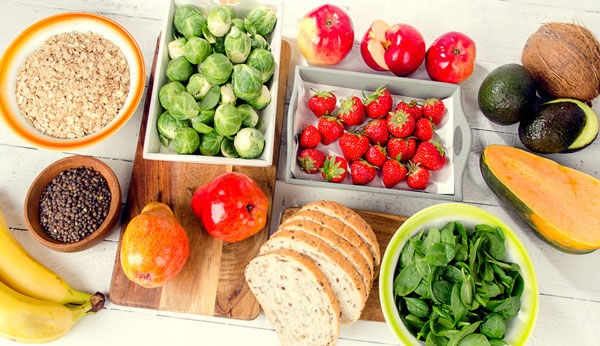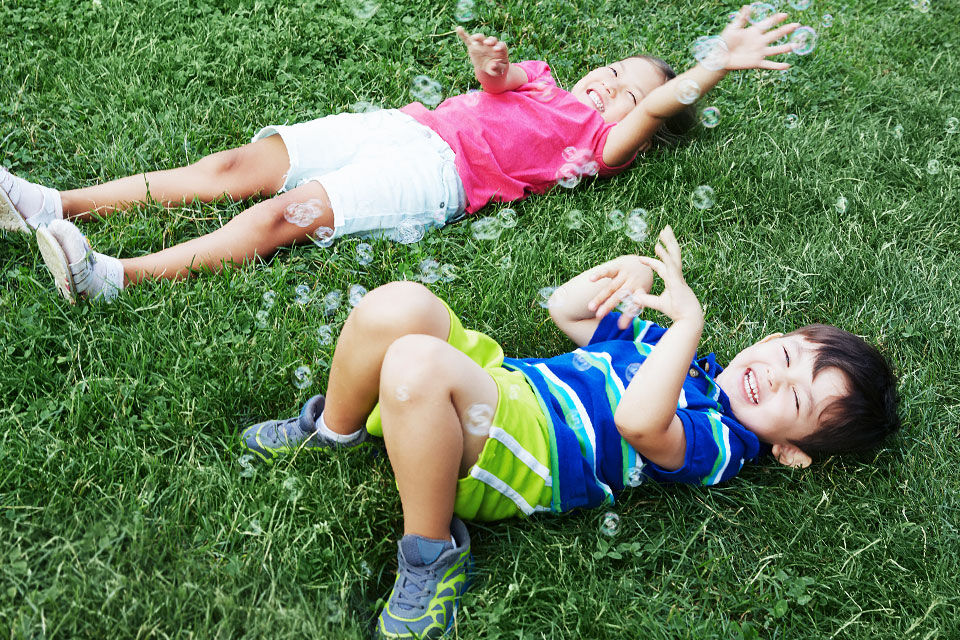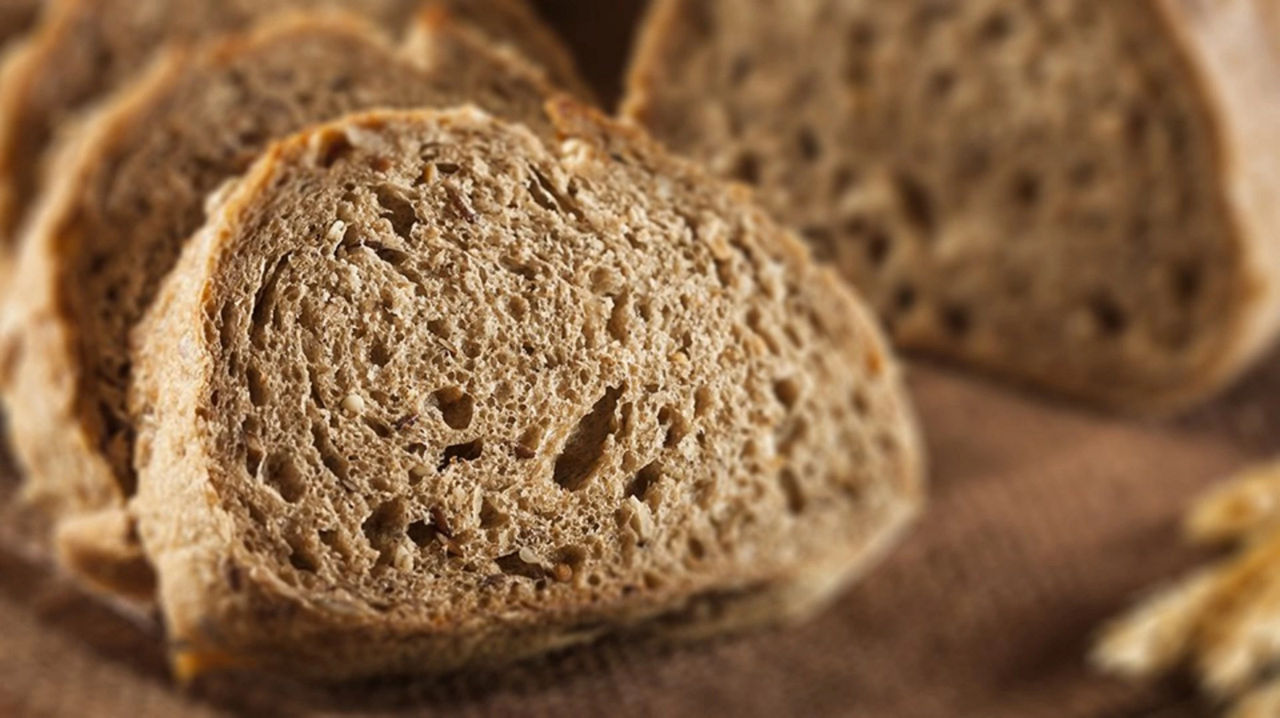Breastfeeding is a great source of food.
Breastfeeding is not only the best source of food but a close bond between mum and baby. Therefore the longer breastfeeding continues the greater the bond/relationship grows and the greater the health benefits for baby. The World Health Organization (WHO), having looked at the evidence, recommends that a child be breastfed for at least 2 years and beyond.





